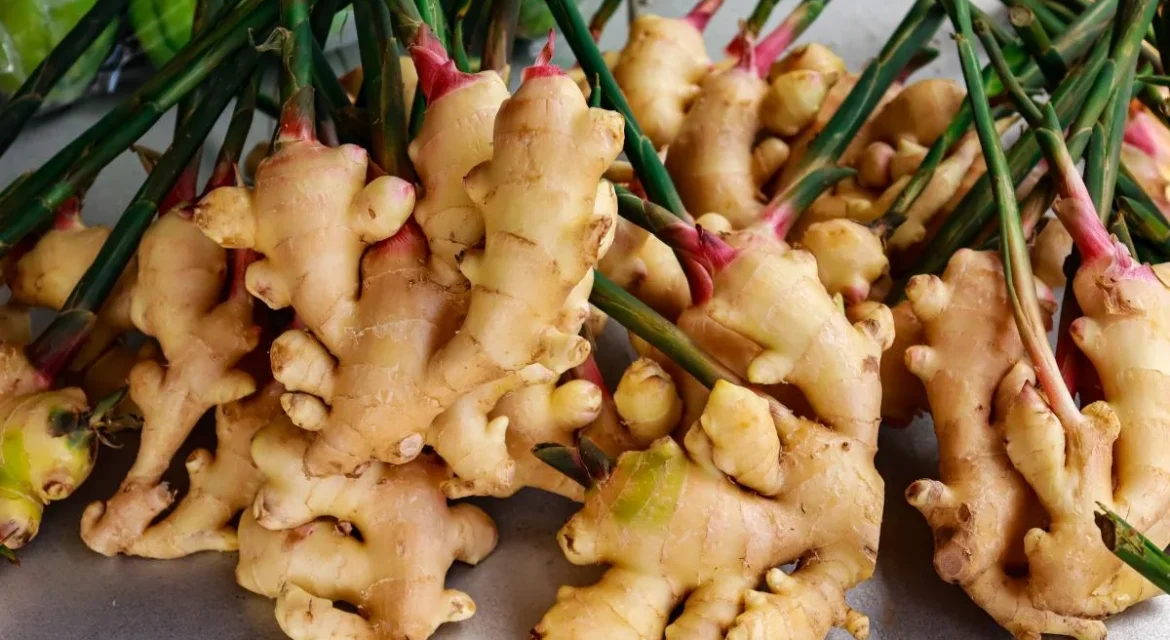Nestled in the heart of Nigeria, Kaduna State has emerged as a key player in the ginger value chain, contributing significantly to the agricultural landscape and the economy at large. The ginger value chain in Kaduna is a testament to the state’s agricultural potential, offering a compelling narrative of growth, innovation, and economic development.
Ginger Cultivation
At the core of the ginger value chain in Kaduna is the cultivation phase. The state’s favorable agro-climatic conditions make it an ideal region for ginger farming. Farmers across various local government areas engage in the cultivation of ginger, harnessing the rich soils and abundant sunlight to yield high-quality produce.
Challenges in Ginger Cultivation
Despite its promise, ginger cultivation faces challenges, including pest infestations, fluctuating market prices, and access to credit. The ginger farmers of Kaduna have demonstrated resilience, employing sustainable farming practices and seeking innovative solutions to address these challenges.
Harvesting and Post-Harvest Processing
Ginger is known for its versatility, and post-harvest processing plays a crucial role in unlocking its potential. After careful harvesting, farmers engage in processes such as cleaning, drying, and packaging to enhance the quality of the ginger. This post-harvest handling is vital to ensuring that Kaduna’s ginger meets the high standards demanded by both local and international markets.
Processing and Value Addition
Kaduna State has witnessed a surge in investments in ginger processing facilities. Entrepreneurs and agribusinesses are capitalizing on the demand for processed ginger products, including ginger powder, oil, and extracts. This not only adds value to the raw produce but also creates employment opportunities and stimulates economic growth.
Market Access and Distribution
Access to markets is a critical component of the ginger value chain. Kaduna’s strategic location and well-established transportation networks facilitate the distribution of ginger products to various markets. Strengthening market linkages and exploring export opportunities can further propel Kaduna State to the forefront of the ginger industry.
Government Interventions
Recognizing the potential of the ginger value chain, the Kaduna State government has implemented initiatives to support farmers and processors. This includes providing access to credit facilities, promoting research and development, and creating an enabling environment for private sector investments.
Capacity Building and Training
To ensure the sustainability of the ginger value chain, capacity building and training programs have been instrumental. Farmers and agribusinesses receive training on modern farming techniques, post-harvest handling, and processing methods, empowering them to enhance productivity and product quality.
Quality Control and Certification
Maintaining quality standards is paramount for ginger products. In collaboration with relevant authorities, Kaduna State emphasizes the importance of adhering to quality control measures and obtaining necessary certifications, bolstering the reputation of its ginger in domestic and international markets.
The Way Forward
To unlock the full potential of the ginger value chain in Kaduna, a holistic approach is imperative. This includes continued investments in research and technology, infrastructure development, and supportive policies. Collaboration between the government, private sector, and local communities is pivotal for overcoming challenges and ensuring sustained growth in the ginger industry.
In conclusion, Kaduna State’s ginger value chain stands as a beacon of agricultural success. By leveraging its strengths, addressing challenges, and embracing innovation, Kaduna is well-positioned to continue making significant contributions to Nigeria’s agricultural and economic prosperity through its thriving ginger industry.

